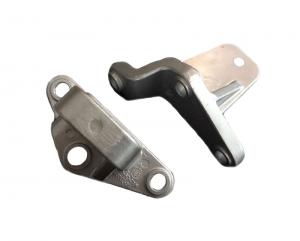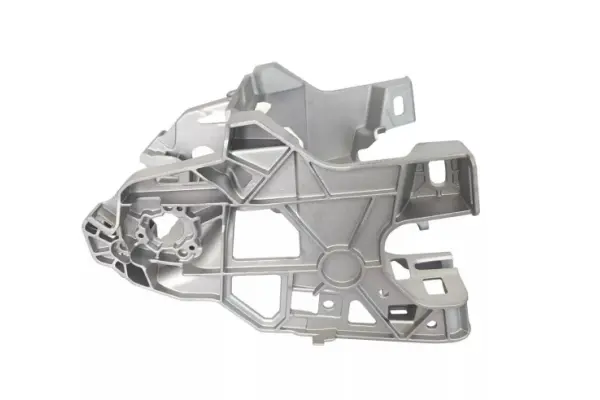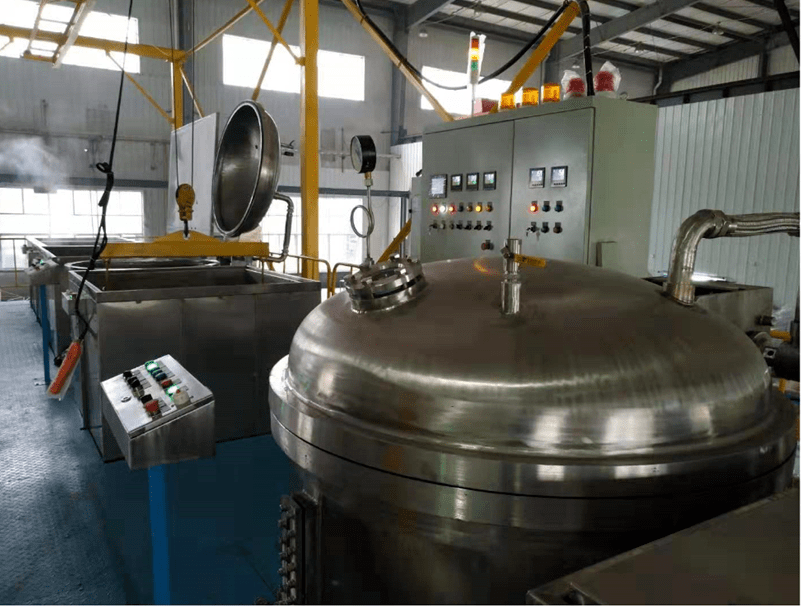

Custom aluminum manufacturing is used to produce a large number of products worldwide. Aluminum products are highly regarded due to its many favorable mechanical and chemical properties and are essential to almost every industrial sector. This metal processing project is widely used in transportation, construction, manufacturing, food and beverage, durable consumer goods, electrical and other industries.
There is no doubt that aluminum is a widely used metal. Many of its advantageous characteristics make it an ideal choice for numerous custom manufacturing projects. The material can be shaped, cast, cut, welded, melted, machined and extruded into various complex shapes and geometries for manufacturing. In fact, aluminum sheet metal is used to manufacture all familiar products, such as automotive and aircraft body panels, cookware and appliances, structural wall panels, roofs and gutters, digital displays, electrical and electronic enclosures, medical vehicles, screens, various tools, and countless other applications.
Aluminum comes from ordinary raw materials and is made into flat plates by rolling, extruding, or hammering. Once formed, sheet metal is sorted according to its thickness or specifications. The thickness of flat metal sheets is between 0.006 and 0.25 inches, with thinner sheets classified as foils and thicker sheets as sheets. Like any custom sheet metal manufacturing project, custom aluminum manufacturing is a manufacturing process used to manipulate or shape aluminum sheet metal inventory to create the desired parts, components, or final products. The manufacturing process can include selectively removing material and/or reshaping material without losing any volume.
Non-Magnetic:
Unlike other metal materials, aluminum has non-magnetic properties; meaning, it does not cause any magnetic interference. This unique characteristic makes custom aluminum manufacturing valuable and important material for components used in electrical and electronic product applications.
Corrosion Resistance:
Aluminum has a natural corrosion resistance. Whenever the material surface is exposed to an oxidizing environment, it produces a layer of protective oxide coating. Chemical processes create a thin layer of aluminum oxide on the surface to protect the metal from corrosion. Additional surface treatments such as anodizing or powder coating can further enhance the metal's corrosion resistance.
Durability:
Aluminum is a highly durable material, largely because of its combination of corrosion resistance and strength-to-weight ratio. These properties give it strong resistance to any wear and tear. It can also withstand high temperature environments and corrosive chemical environments. Aluminum products can be designed to be as strong as steel when needed. Its natural corrosion resistance ensures that any parts, components, or products made from custom aluminum manufacturing have a longer lifespan.


